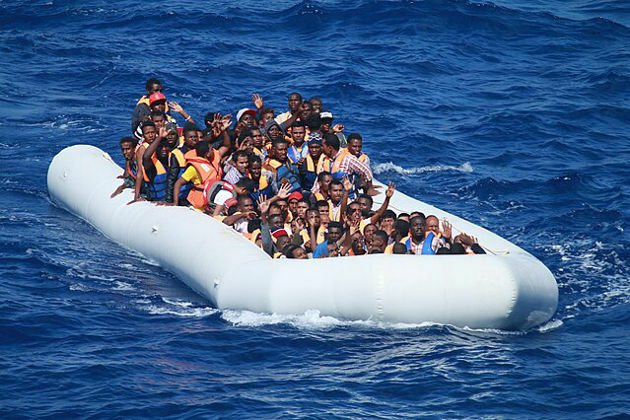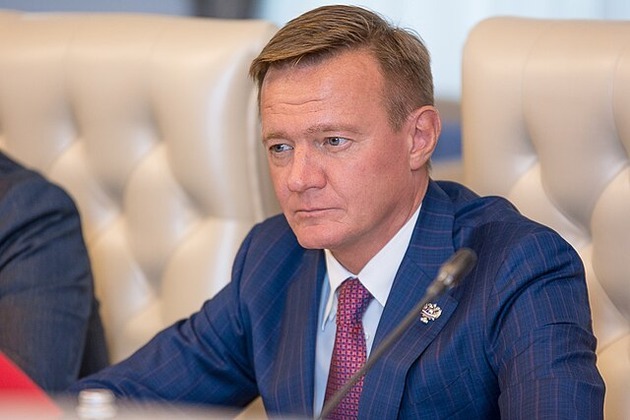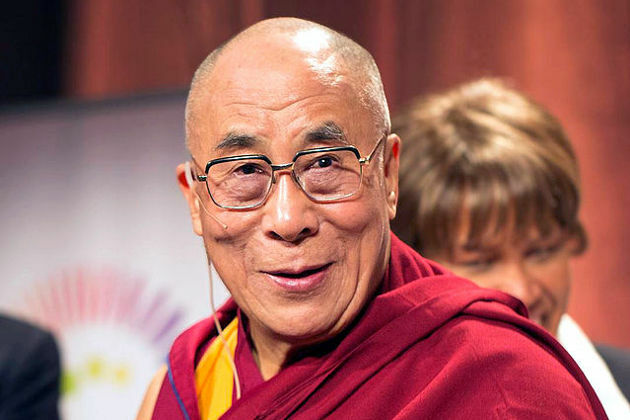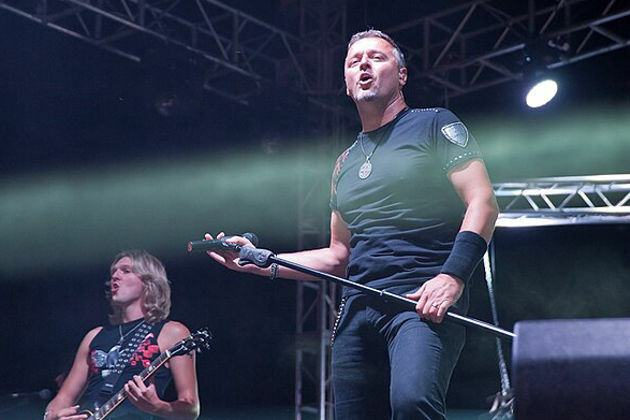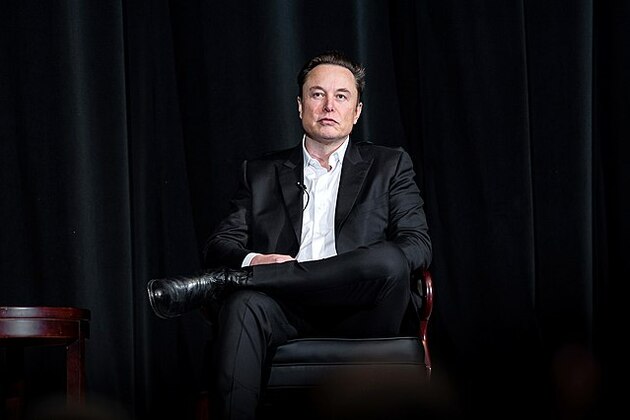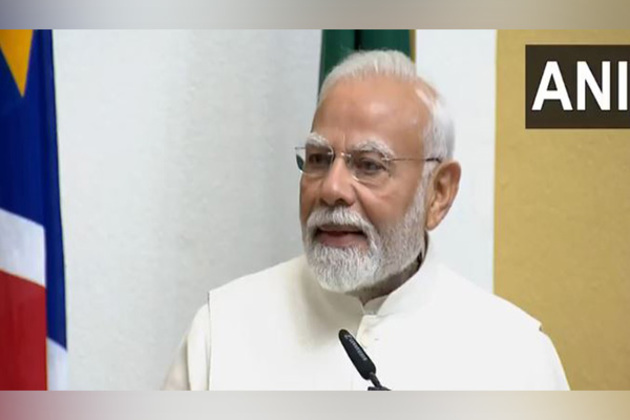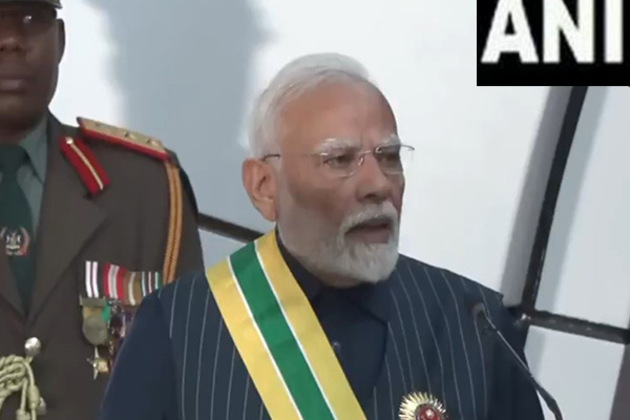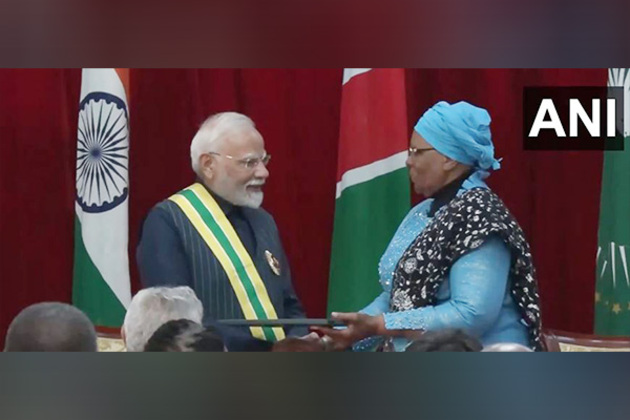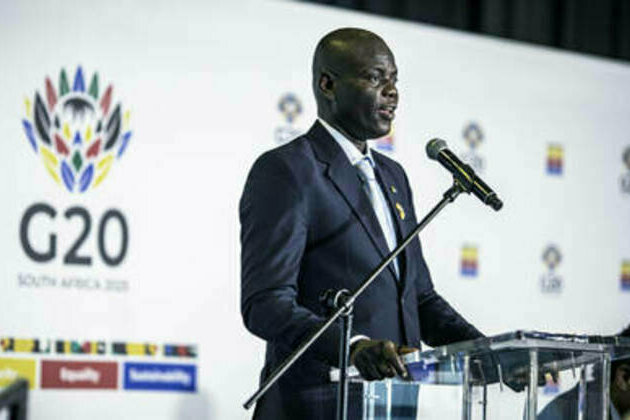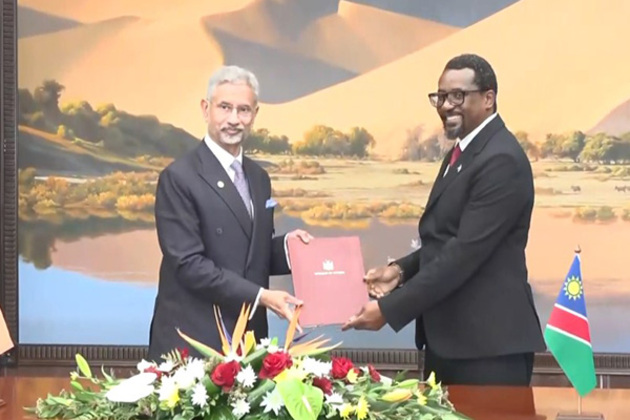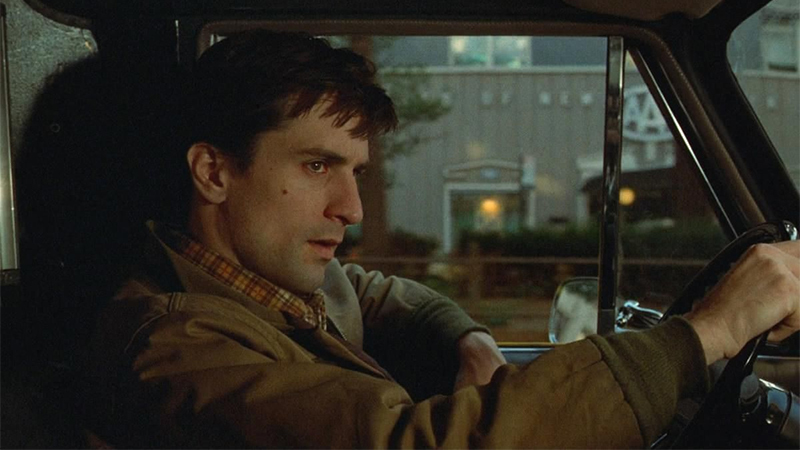Military history is repeating for Russia under Putin's regime of thieves
The Conversation
27 May 2022, 02:08 GMT+10
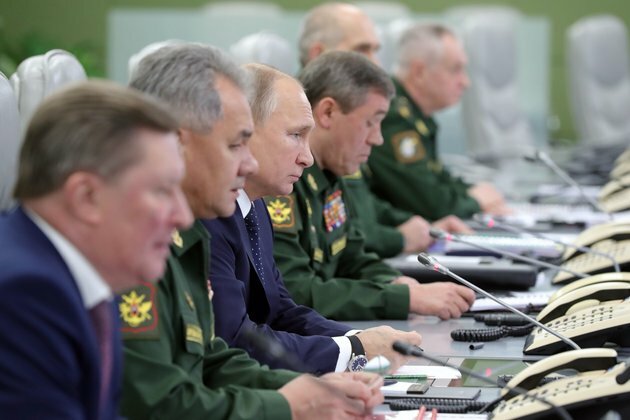
In explaining the reasons for Russia's unexpected military weakness in Ukraine, few have expressed it better than The Economist. The magazine noted "the incurable inadequacy of despotic power" and "the cheating, bribery and peculation" that is "characteristic of the entire administration".
Peculation means embezzlement. It's a word rarely used nowadays; these words were in fact published by The Economist in October 1854, when Russia was in the process of losing the Crimean War.
But they might just easily be about Russia today, under Vladimir Putin, and the mess of its invasion of its far smaller neighbour. Rarely have the pernicious effects of authoritarianism and endemic corruption been so vividly on display.
Indeed Ukraine's National Agency on Corruption Prevention has cheekily thanked Russian officials for making "it much easier to defend democratic Ukraine" by embezzling "what should have gone to the needs of the army".
How corrupt is Russia?
Of the world's 20 major economies, Russia rates the worst on corruption.
In 2021, the respected Corruption Perceptions Index compiled by anti-corruption body Transparency International scored Russia 29/100, alongside Liberia, Mali and Angola. This made it the 44th most corrupt nation on the index. (South Sudan was most corrupt, scoring 11/100, and Denmark the least corrupt, on 88/100.)
To be fair, Ukraine's score isn't much better, having gone though a similar post-Soviet privatisation process that delivered immense wealth to a few oligarchs. Its 2021 corruption score was 32/100.
But President Volodymyr Zelenskyy has made tackling corruption a central policy, and Ukraine is improving on the index - unlike Russia. Ukraine also has some clear advantages for further improvements.
The US organisation Freedom House gives Ukraine a democracy score of 39.3%, compared with 5.4% for Russia. Transparency International rates Ukraine's democratic processes as "generally free and fair". It considers efforts in recent years to tackle corruption as slow and flawed, but nonetheless genuine and substantive.
Read more: How long can Vladimir Putin hold on to power?
Russia's rule of thieves
Putin's Russia, on the hand, is described by Transparency International as a kleptocracy - a government of thieves. Putin himself is estimated to have accrued a fortune of US$200 billion, making him (unofficially) the world's second-richest man, after Elon Musk.
Putin's wealth accumulation methods are relatively straightforward. According to Bill Browder, a fund manager specialising in Russian markets, having Mikhail Khodorkovsky - then Russia's richest man - sent to prison in 2005 proved particularly fruitful:
Much of Putin's fortune is squirrelled away in foreign bank accounts and investments, as revealed by the Pandora Papers. But he also enjoys material comforts such as a palace on the Black Sea reputed to have cost about US$1 billion - paid in part out of a government program meant to improve health care.
Stealing from military budgets
Money supposed to be for Russia's military capability has also been plundered. For example, defence minister Sergei Shoigu lives in an $18 million mansion - not bad for someone supposedly on a government minister's salary.
A typical rort has been to award contracts to companies owned by cronies, who then provide shoddy products and pocket huge profits. Food and housing in the Russian military is said to worse than being in prison. Russian soldiers sent to invade Ukraine have been given rations years out of date.
This has created a "Potemkin military" - all show and little substance - according to Andrey Kozyrev, Russia's foreign minister from 1990 to 1996:
Social distrust runs deep
It should be no surprise, therefore, that Russia is a deeply distrustful society. This has been measured by global surveys such as Lloyd's Register Foundation World Risk Poll and the Edelman Trust Barometer.
This distrust has been a hallmark of the Russian military's performance in Ukraine.
Western military organisations emphasise empowering individual units to show initiative when plans go wrong. In marked contrast, the Russian military structure, like the state, is based on command and control, with little faith or trust in troops.
Read more: Equality and fairness: vaccines against this pandemic of mistrust
In particular Russia's conscription-dependent army lacks non-commissioned officers. These senior enlisted personnel train and supervise troops, and often take over leadership of smaller units in wartime.
This helps explain the high number of senior Russian generals killed on the front line in Ukraine - 12 at last count. Typically, generals manage battlefields from a safe distance. But, as a recent report from The Economist has noted:
And also put themselves within range of Ukrainian snipers and missiles.
This war, which the Russians expected would be over in days, has just entered its fourth month. It's possible the Russian military can learn from its strategic and logistical blunders, and still win the battle for the Donbas area. But, unlike many Russian officers, general corruption and general distrust remain on the battlefield.
Author: Tony Ward - Fellow in Historical Studies, The University of Melbourne 
 Share
Share
 Tweet
Tweet
 Share
Share
 Flip
Flip
 Email
Email
Watch latest videos
Subscribe and Follow
Get a daily dose of Zimbabwe Star news through our daily email, its complimentary and keeps you fully up to date with world and business news as well.
News RELEASES
Publish news of your business, community or sports group, personnel appointments, major event and more by submitting a news release to Zimbabwe Star.
More InformationInternational
SectionDeadly July 4 flash floods renew alarm over NWS staffing shortages
WASHINGTON, D.C.: After months of warnings from former federal officials and weather experts, the deadly flash floods that struck the...
Putin fires transport chief, later found dead in suspected suicide
MOSCOW, Russia: Just hours after his sudden dismissal by President Vladimir Putin, Russia's former transport minister, Roman Starovoit,...
Thousands gather in Himalayas as Dalai Lama celebrates 90th birthday
DHARAMSHALA, India: The Dalai Lama turned 90 on July 6, celebrated by thousands of followers in the Himalayan town of Dharamshala,...
Fans perform WWII-era Fascist salute at Marko Perković’s mega concert
ZAGREB, Croatia: A massive concert by popular Croatian singer Marko Perković, known by his stage name Thompson, has drawn widespread...
U.S. Treasury Secretary says Musk should steer clear of politics
WASHINGTON, D.C.: Elon Musk's entry into the political arena is drawing pushback from top U.S. officials and investors, as his decision...
TikTok building U.S.-only app amid pressure to finalise sale
CULVER CITY, California: TikTok is preparing to roll out a separate version of its app for U.S. users, as efforts to secure a sale...
Africa
Section"We are part of Global South, our people share hope and dreams": PM Modi in Namibia Parliament
Windhoek [Namibia], July 9 (ANI): India and Namibia have much in common as both countries fought colonial rule, value dignity and freedom...
Charlotte FC transfer D Joao Pedro, F Iuri Tavares
(Photo credit: Cory Knowlton-Imagn Images) Charlotte FC announced the transfers of defender Joao Pedro and forward Iuri Tavares on...
Our friendship was not born out of politics but out of struggle: PM Modi in Namibia
Windhoek [Namibia], July 9 (ANI): After receiving Namibia's highest civilian award, the Order of the Most Ancient Welwitschia Mirabilis,...
PM Modi conferred with Namibia's highest civilian award
Windhoek [Namibia], July 9 (ANI): Prime Minister Narendra Modi was conferred with the highest civilian award of Namibia on Wednesday....
Pretoria pushes G20 to address unfair exploitation of Africa's mineral wealth
The continent's resources must benefit its people, South Africa's international relations minister has said ...
India, Namibia ink key MoUs in entrepreneurship, health; join CDRI, Global Biofuels Alliance
Windhoek [Namibia], July 9 (ANI): India and Namibia exchanged MoUs in the presence of Prime Minister Narendra Modi and the President...

